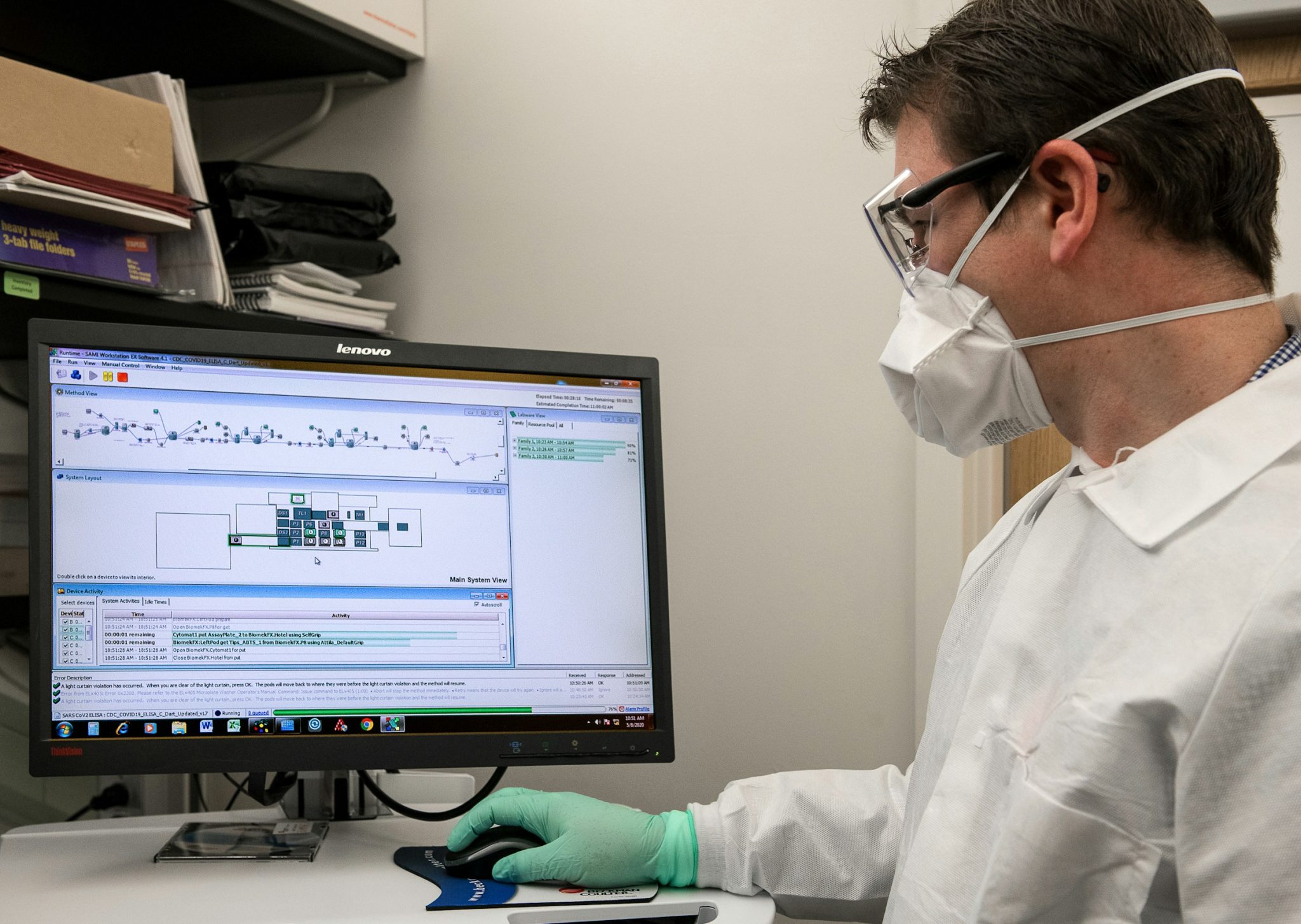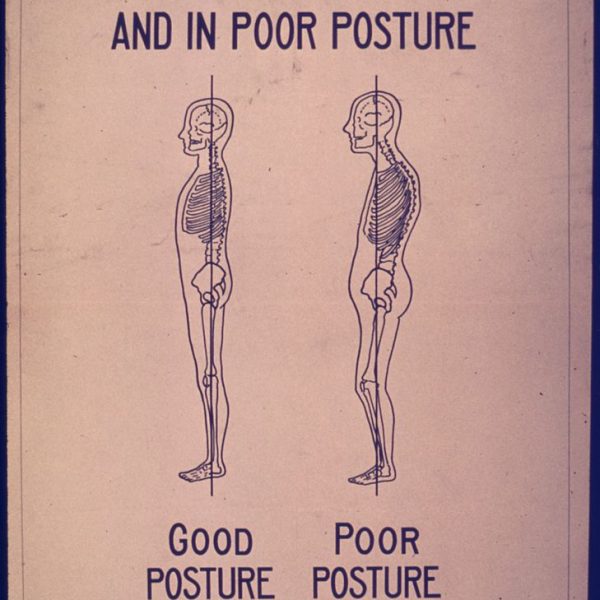Imagine a healthcare system where every decision is backed by data, ensuring efficiency and better patient outcomes. In today’s world, data analytics is transforming how healthcare operations are managed. From streamlining administrative tasks to predicting patient needs, comprehensive data analytics is the key to optimizing healthcare operations.

In this blog post, we’ll explore the importance of data analytics in healthcare, understand its basics, and provide a step-by-step guide to implementing a successful data analytics strategy. We’ll also discuss the challenges faced during adoption and look into future trends, including the role of AI. By the end, you’ll grasp how data analytics can revolutionize your healthcare operations.
Table of Contents
The Power of Data Analytics in Healthcare
Enhancing Patient Care
Data analytics enables healthcare providers to enhance patient care by identifying patterns and predicting outcomes. By analyzing patient histories, treatment plans, and health records, medical professionals can create personalized care plans. This not only improves patient satisfaction but also leads to better health outcomes.
Reducing Operational Costs
Healthcare facilities often struggle with high operational costs. Data analytics helps in identifying inefficiencies and areas where costs can be reduced. For instance, predictive analytics can forecast patient admissions, helping hospitals manage resources better and avoid unnecessary expenditures.
Improving Decision-Making
With data analytics, healthcare administrators have access to real-time data, which aids in making informed decisions. Whether it’s managing staff schedules or planning new services, data-driven decisions are more accurate and effective.
Understanding Data Analytics in Healthcare
What Is Data Analytics?
Data analytics involves examining raw data to draw meaningful insights. In healthcare, this means analyzing patient records, treatment plans, and operational data to improve various aspects of care and management.
Types of Data Analytics
There are several types of data analytics used in healthcare:
- Descriptive Analytics: Provides insights into what has happened in the past.
- Predictive Analytics: Uses statistical models to predict future outcomes.
- Prescriptive Analytics: Suggests actions based on predictive data to achieve desired outcomes.
Sources of Data
Healthcare data comes from various sources such as electronic health records (EHR), patient surveys, medical imaging, and administrative systems. Integrating these data sources is crucial for comprehensive analysis.
Implementing a Data Analytics Strategy
Step 1 – Define Objectives
Before implementing data analytics, it’s essential to define clear objectives. What problems are you trying to solve? Whether it’s reducing patient wait times or improving treatment outcomes, having specific goals will guide your strategy.
Step 2 – Collect and Organize Data
Gather data from all available sources and organize it systematically. Ensure that your data is clean and free from errors to get accurate insights.
Step 3 – Choose the Right Tools
Select data analytics tools that suit your needs. There are various software options available, from simple dashboards to complex AI-driven platforms. Choose tools that integrate well with your existing systems.
Step 4 – Analyze and Interpret Data
Use your chosen tools to analyze the data and interpret the results. Look for patterns, correlations, and anomalies that can provide actionable insights.
Step 5 – Implement Changes
Based on your analysis, implement changes in your healthcare operations. Monitor the outcomes to ensure that the changes are having the desired effect.
Step 6 – Continuously Improve
Data analytics is an ongoing process. Continuously collect data, analyze it, and make necessary adjustments to keep improving your operations.
Key Challenges in Adopting Data Analytics
Data Privacy and Security
One of the biggest challenges in adopting data analytics in healthcare is ensuring data privacy and security. Protecting sensitive patient information is paramount. Implement robust security measures and comply with regulations like HIPAA.
Integration with Existing Systems
Integrating data analytics tools with existing healthcare systems can be challenging. Ensure compatibility and invest in training for your staff to make the transition smooth.
Finding the Right Help
Having skilled data analysts who understand the healthcare sector is crucial. Also, finding software vendors that cater to your specific needs can be easily done. Just check out the AbbaDox website, and other similar ones to find out more. That way, you can get the right assistance to implement your data analytics strategy successfully.
Future Trends in Healthcare Data Analytics
The Rise of AI
Artificial Intelligence (AI) is set to revolutionize healthcare data analytics. AI algorithms can process vast amounts of data quickly, providing deeper insights and enabling predictive and prescriptive analytics.
Real-Time Data Analytics
The future of healthcare lies in real-time data analytics. With advancements in technology, healthcare providers can now access and analyze data in real-time, leading to quicker decision-making and better patient outcomes.
Personalized Medicine
Data analytics is paving the way for personalized medicine. Analyzing genetic information and patient data can enable healthcare providers to offer treatments tailored to individual patients, improving efficacy and reducing side effects.

Data analytics is transforming healthcare operations, making them more efficient, cost-effective, and patient-centric. By understanding the basics, implementing a robust strategy, and staying abreast of future trends, healthcare providers can harness the full potential of data analytics.
Ready to take your healthcare operations to the next level? Start exploring comprehensive data analytics solutions today and see the difference they can make in your organization.
- About the Author
- Latest Posts
Whether she is researching the latest trends in home decor, life-changing destination getaways, or the best way to maintain your finances, Dewey takes pride in leaving no stone unturned. She is passionate about distilling and delivering high-quality information that you can use to upgrade your life.




